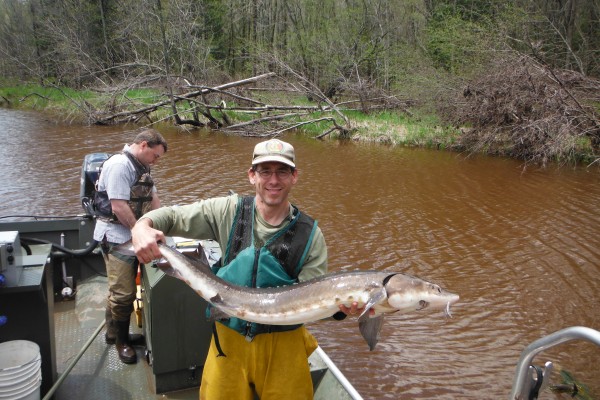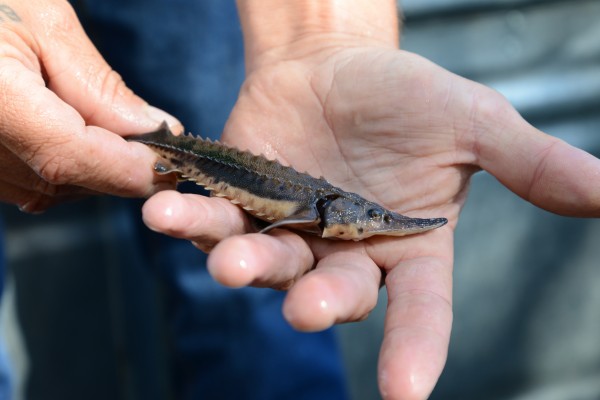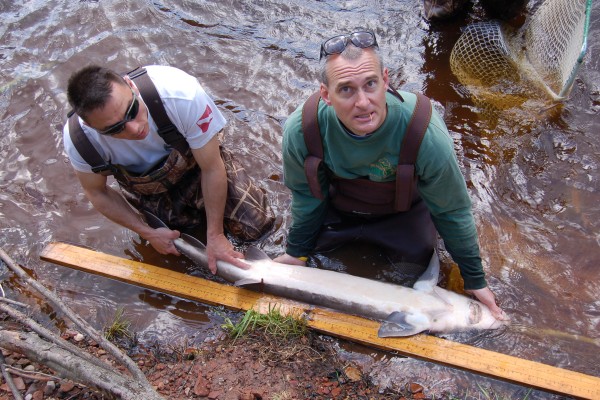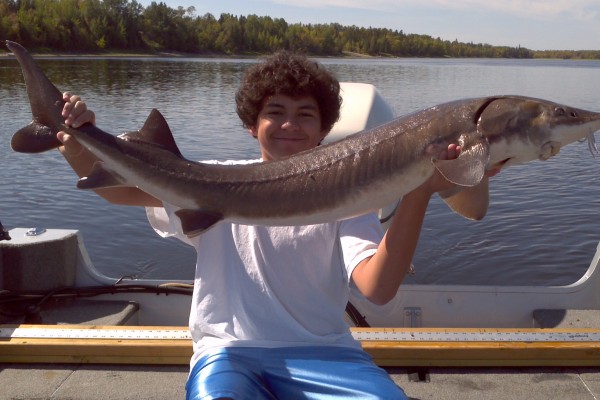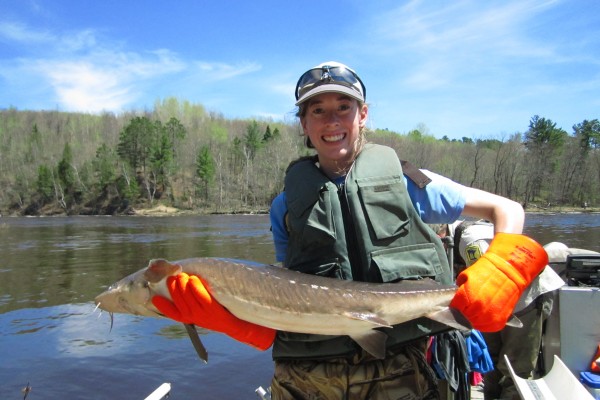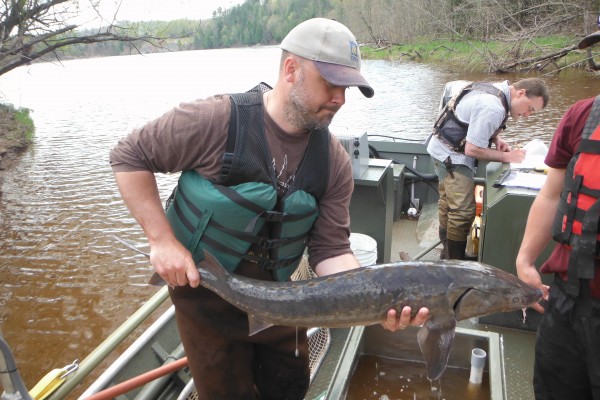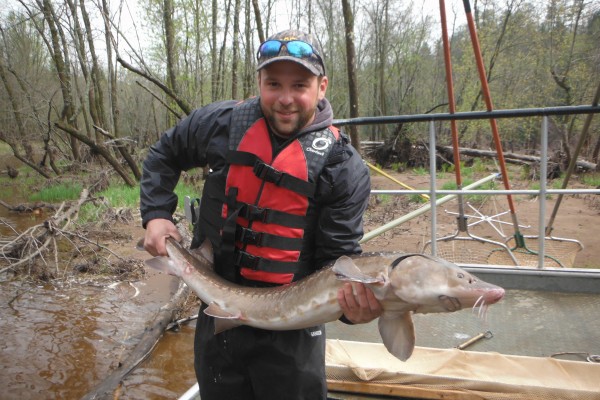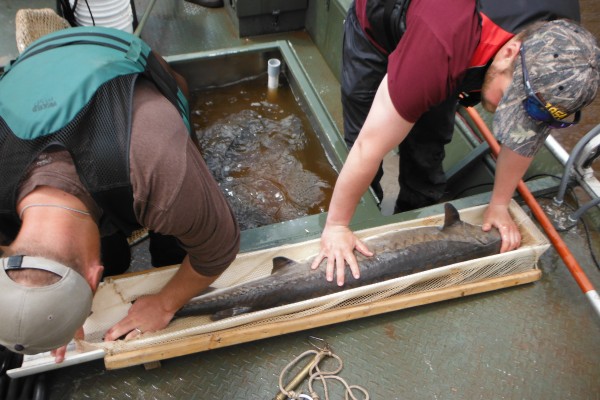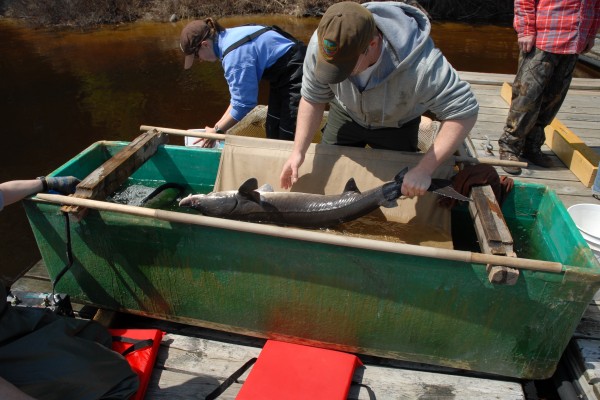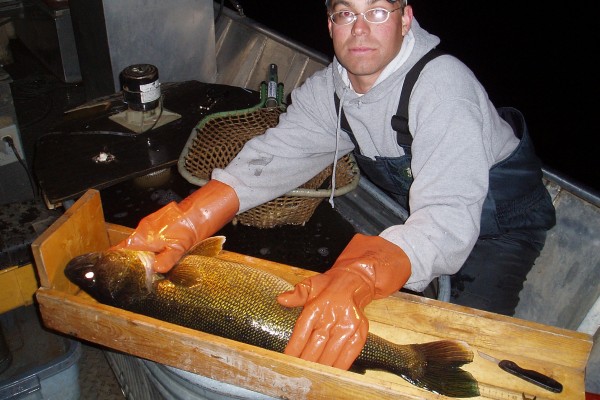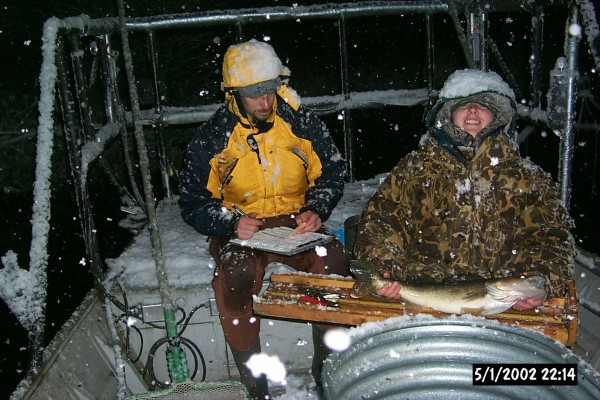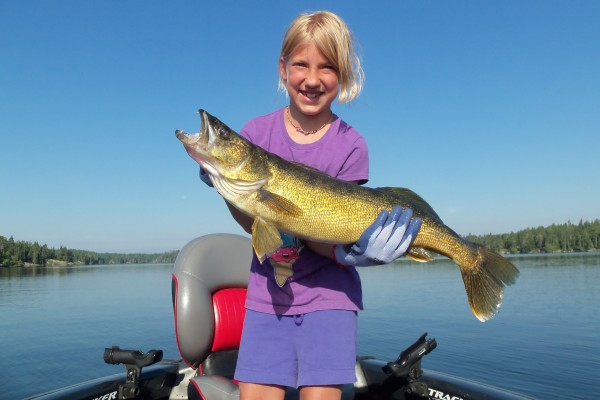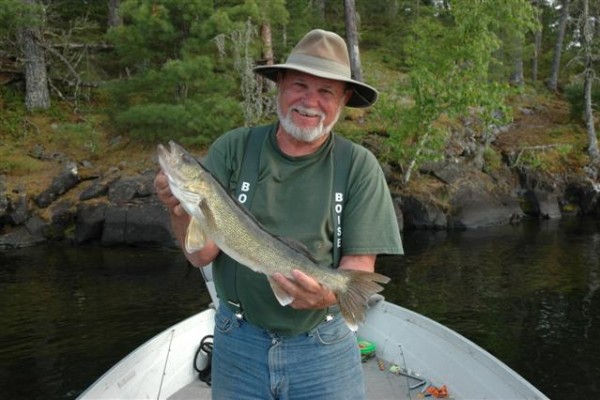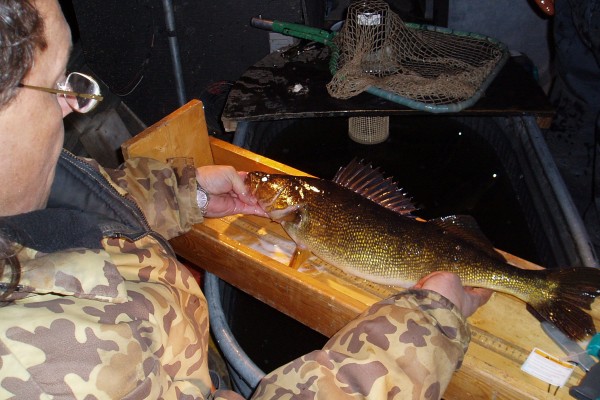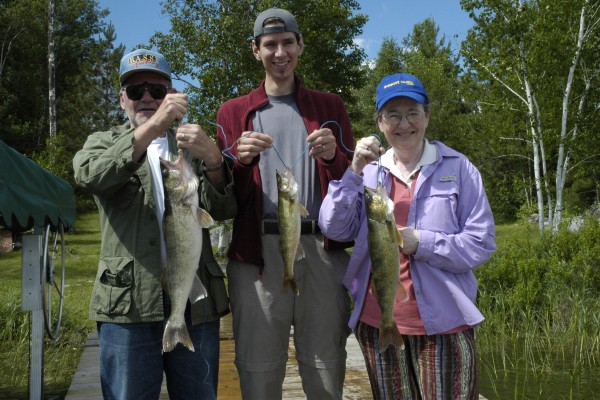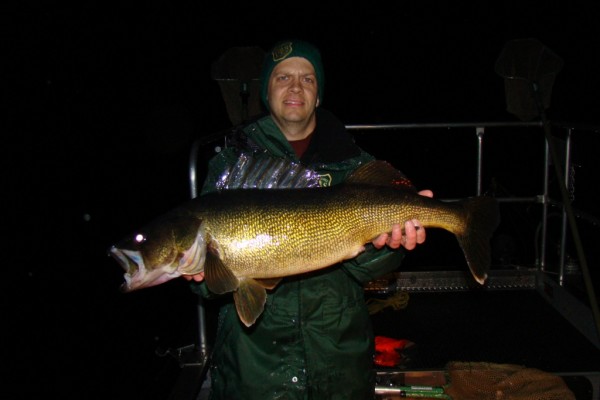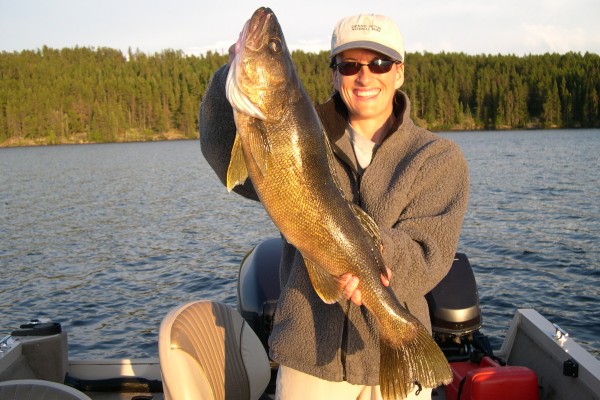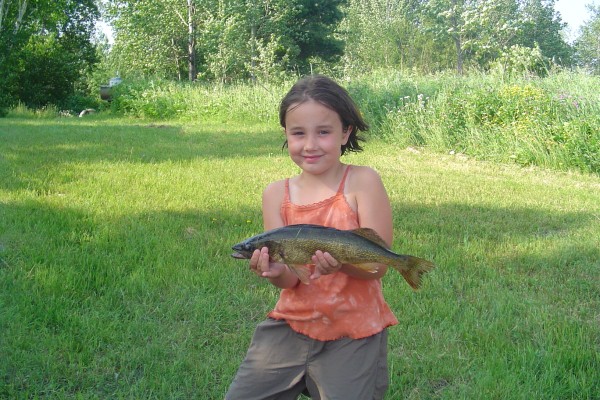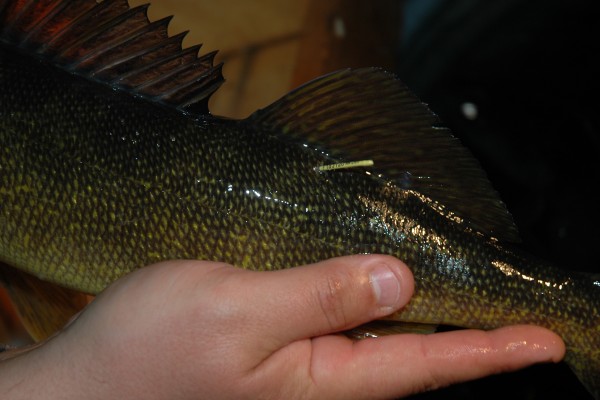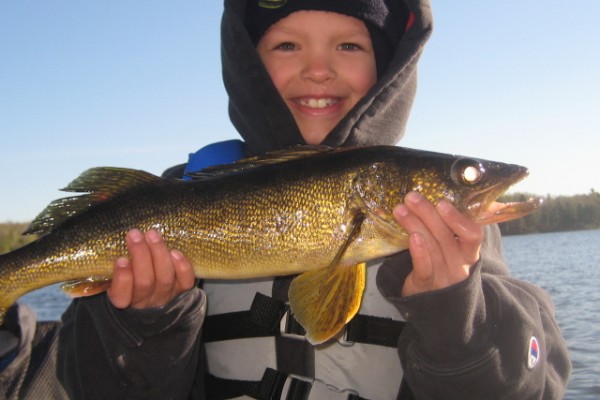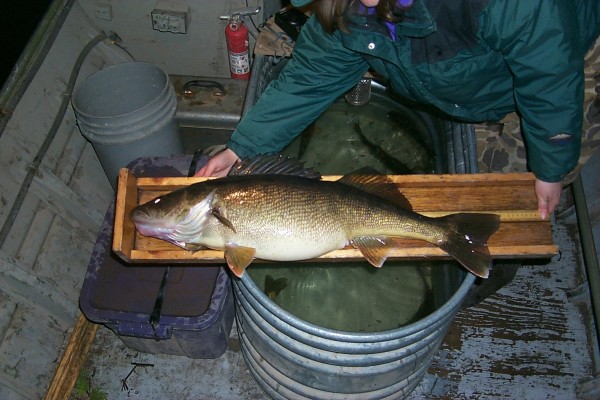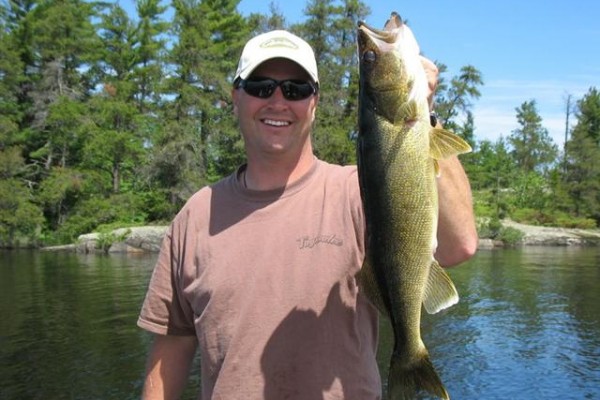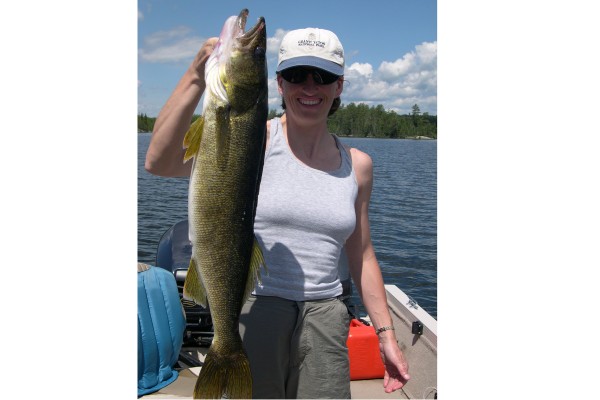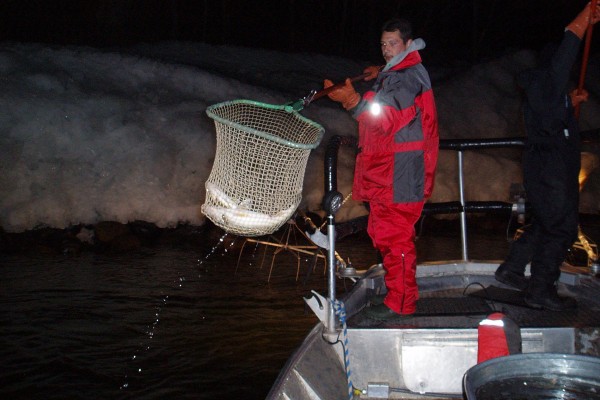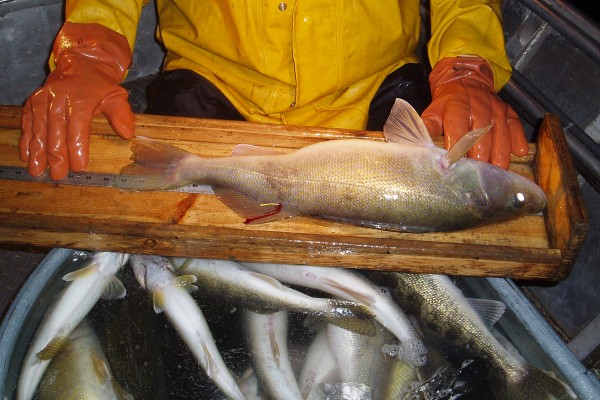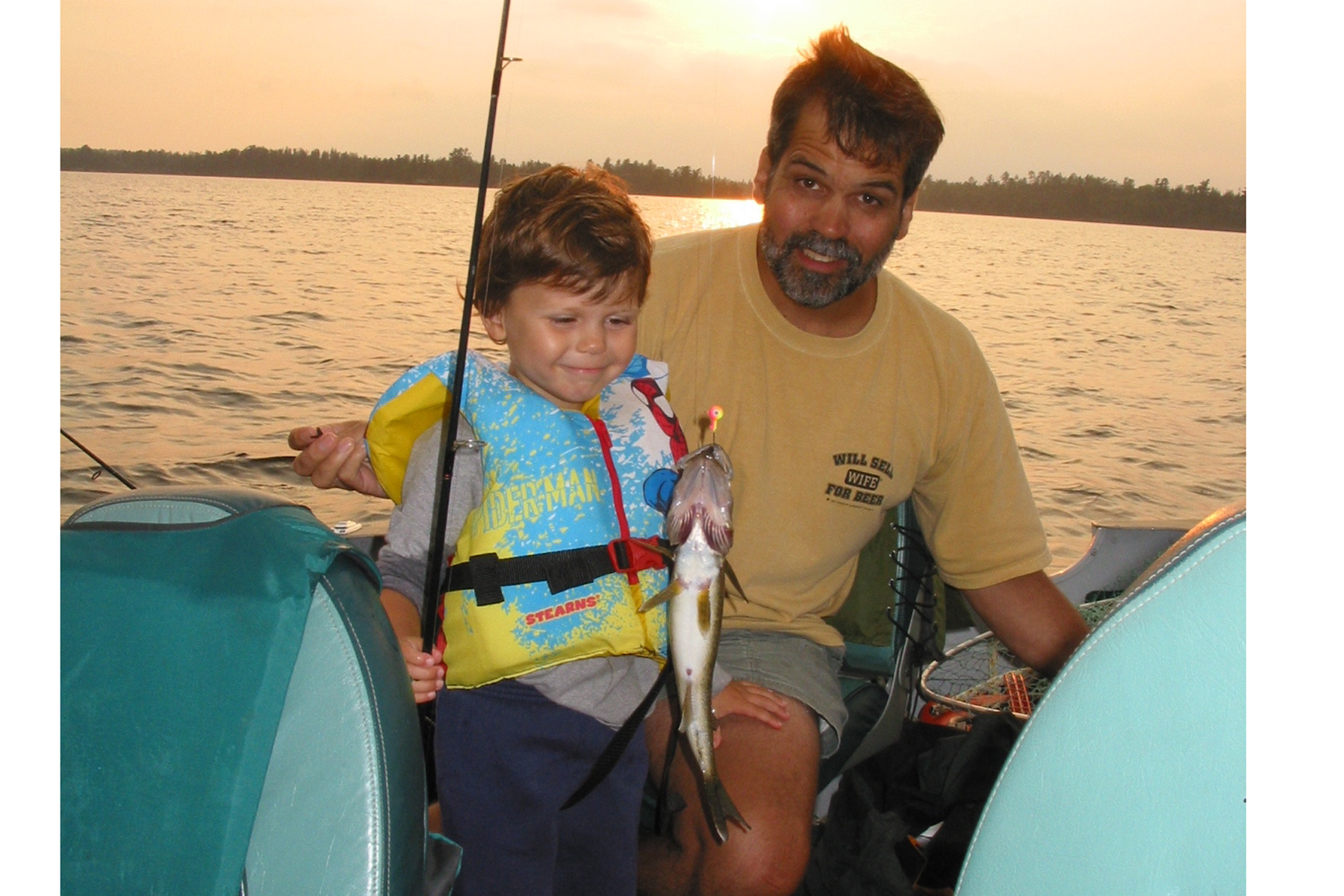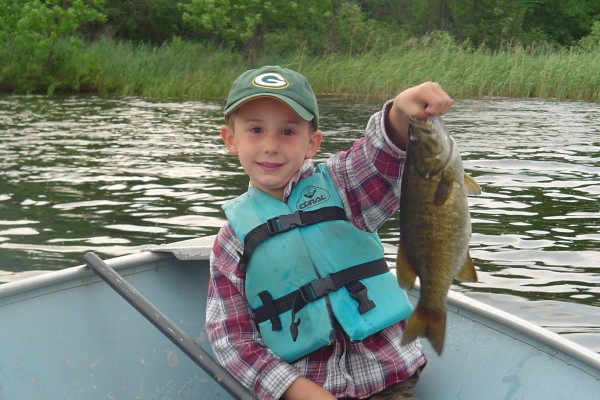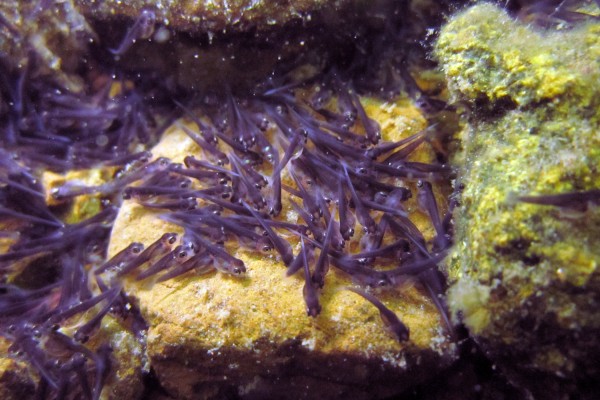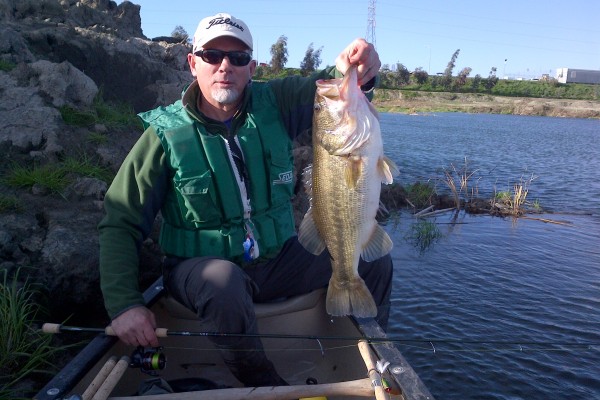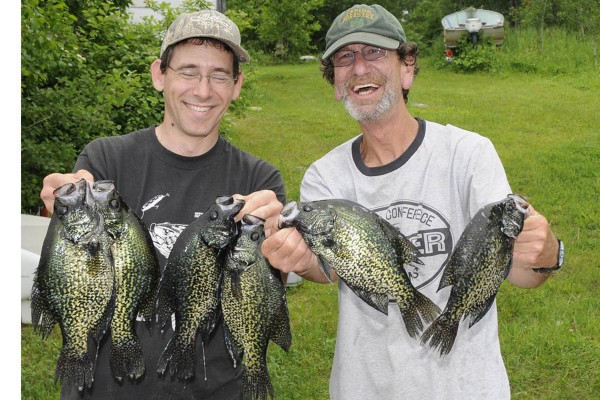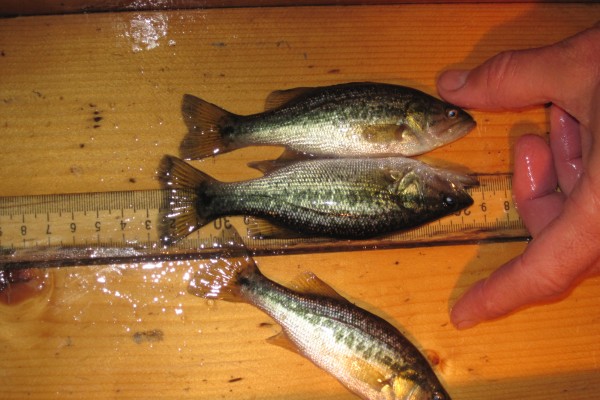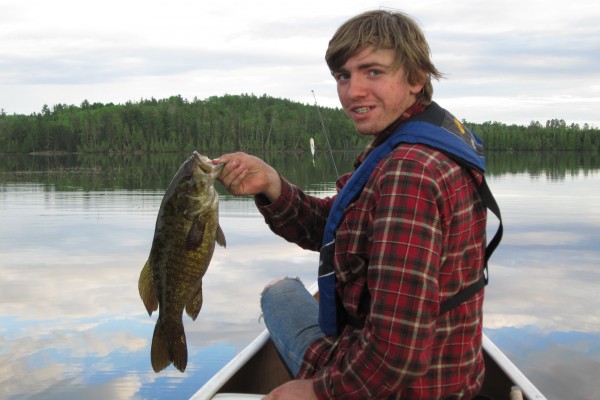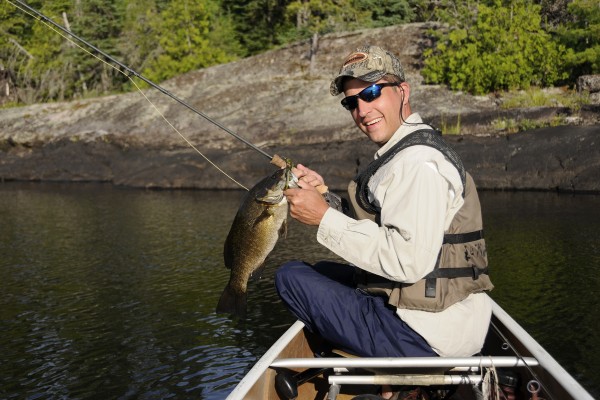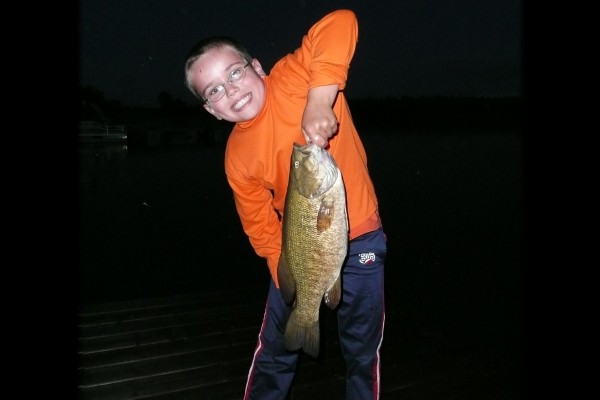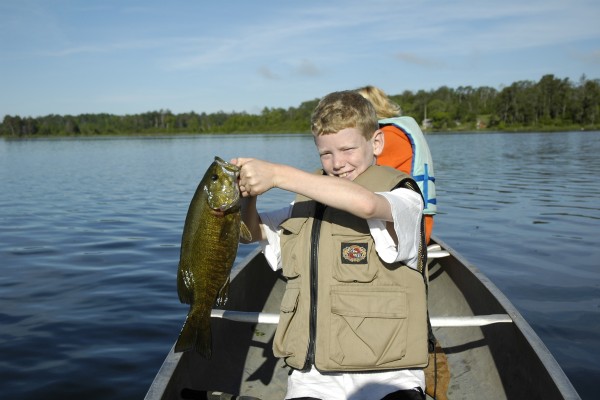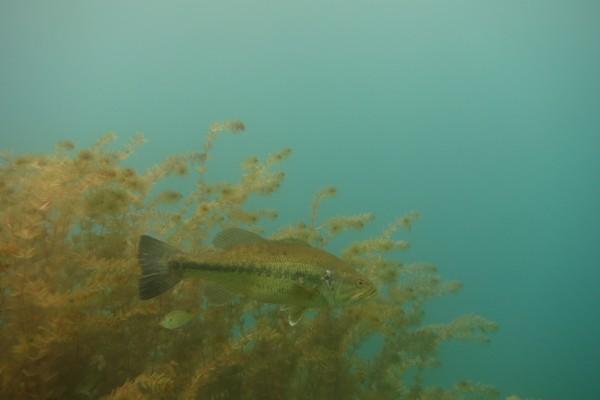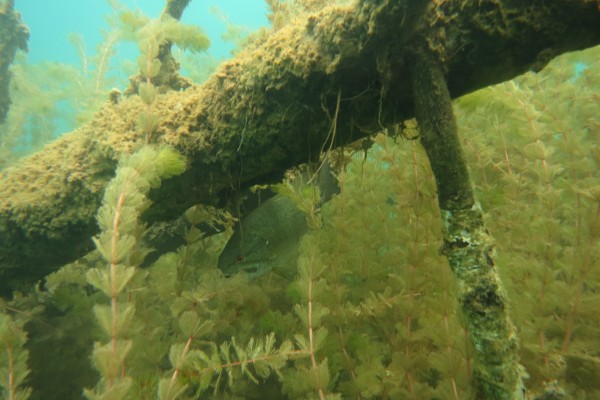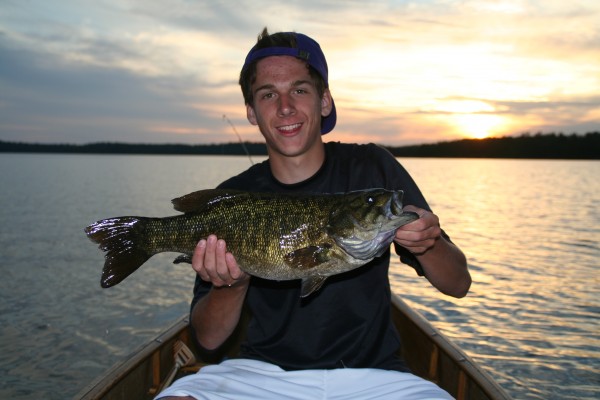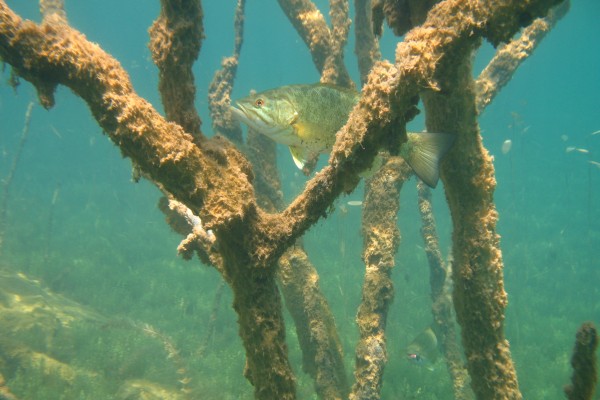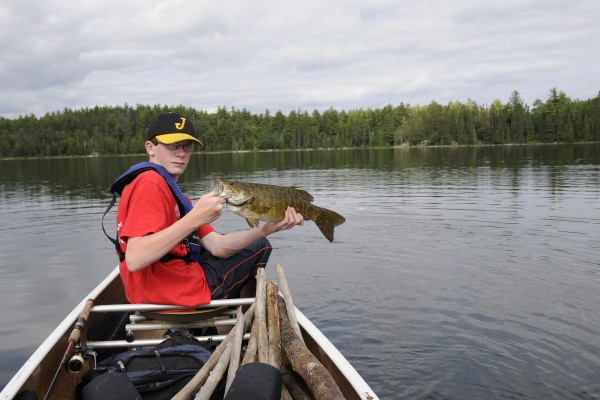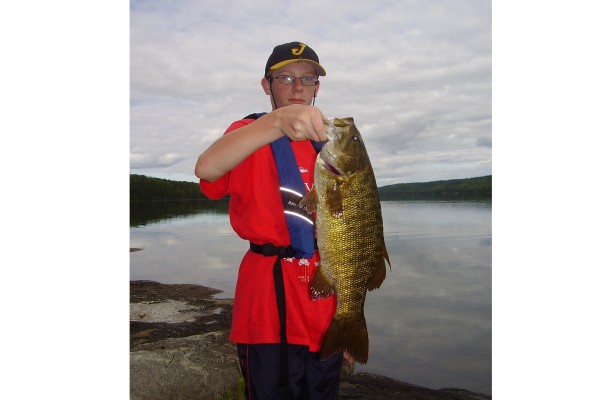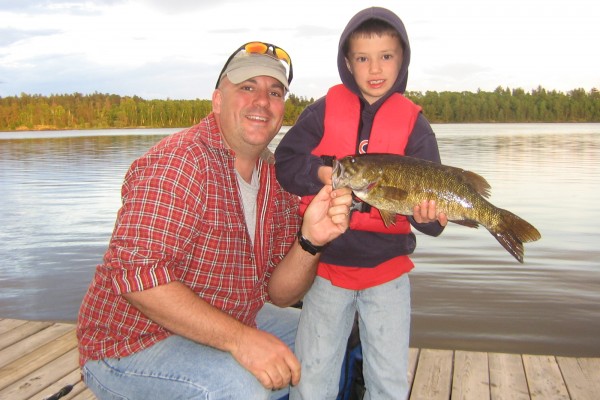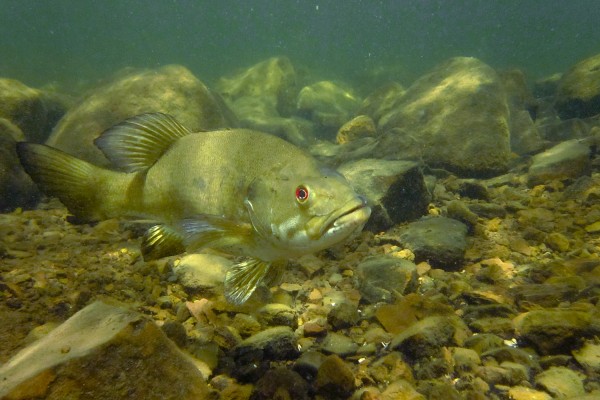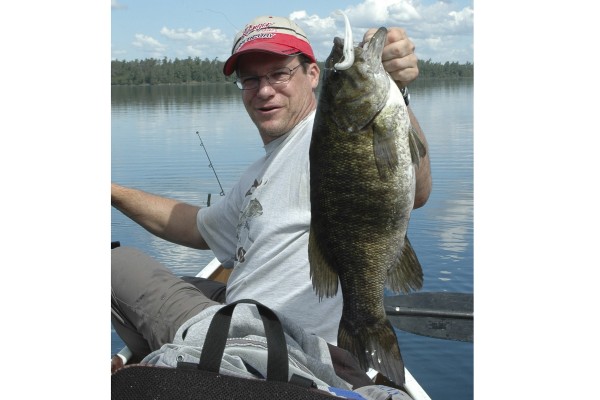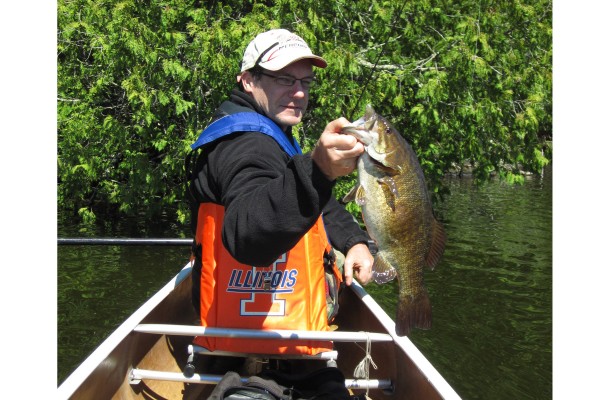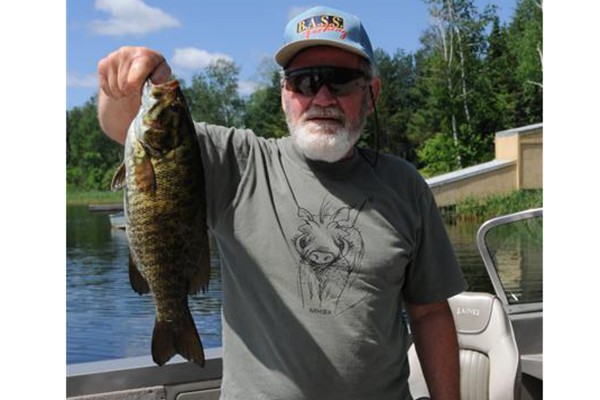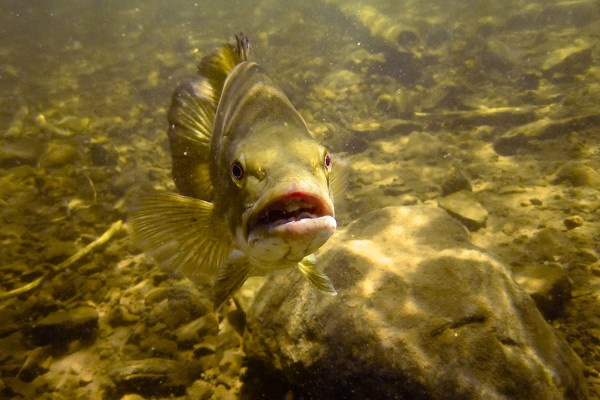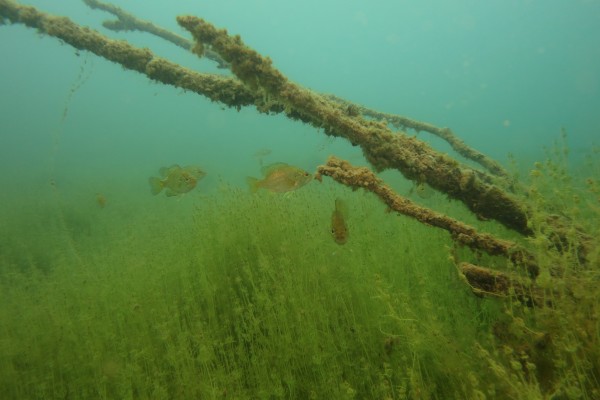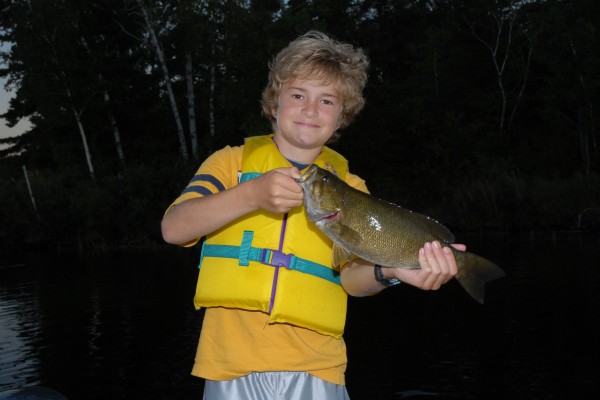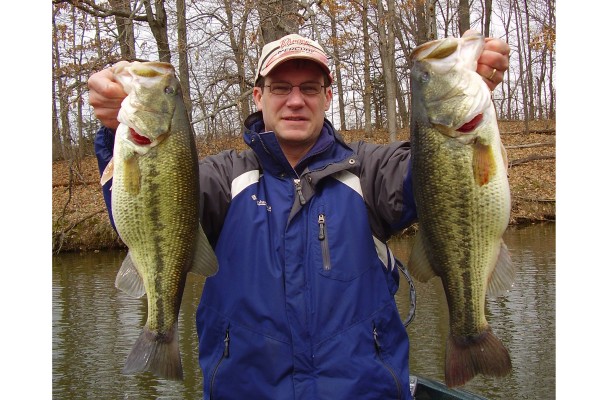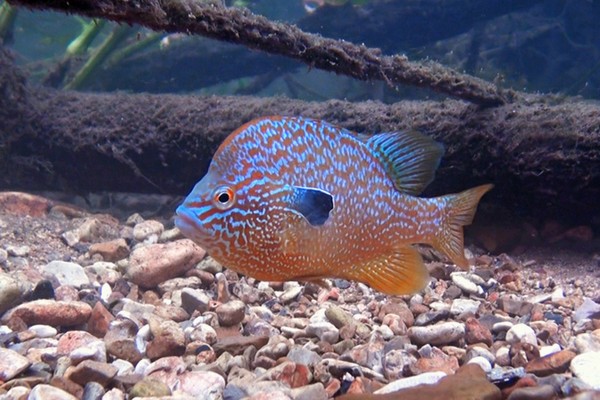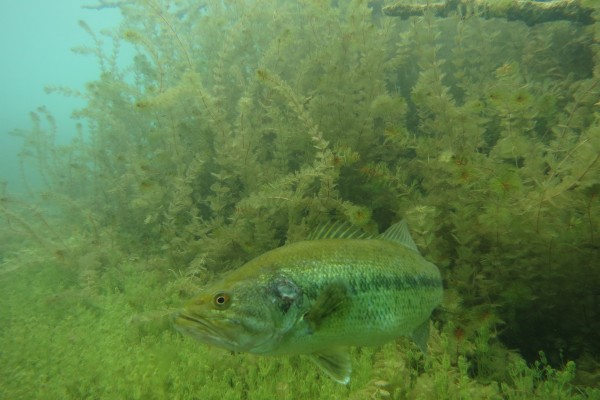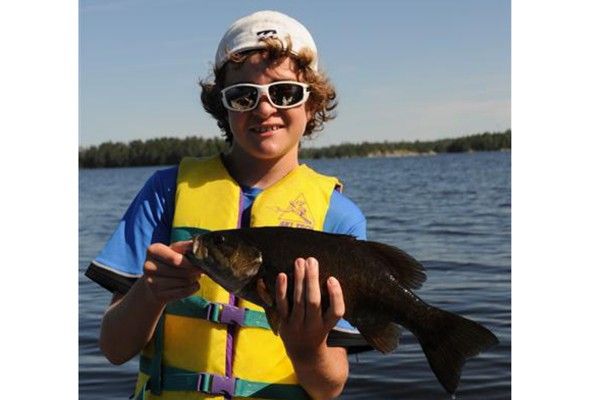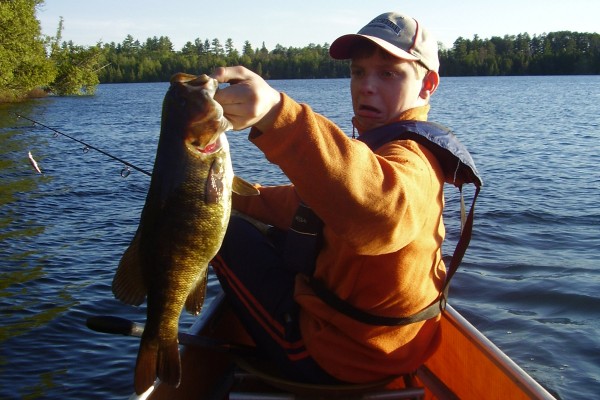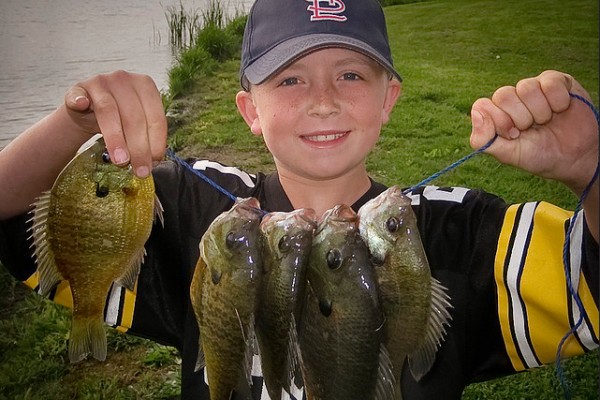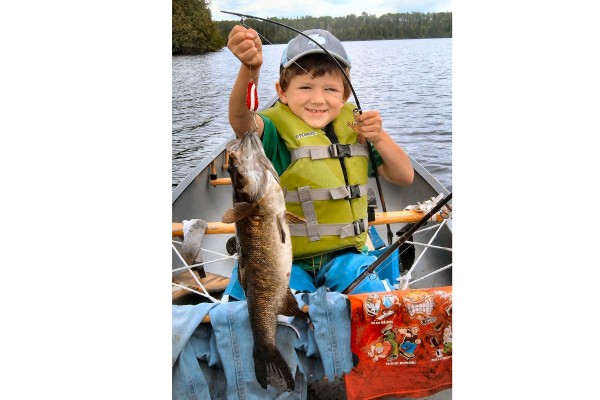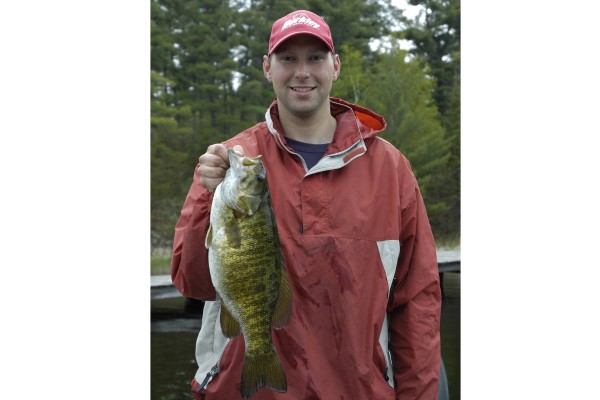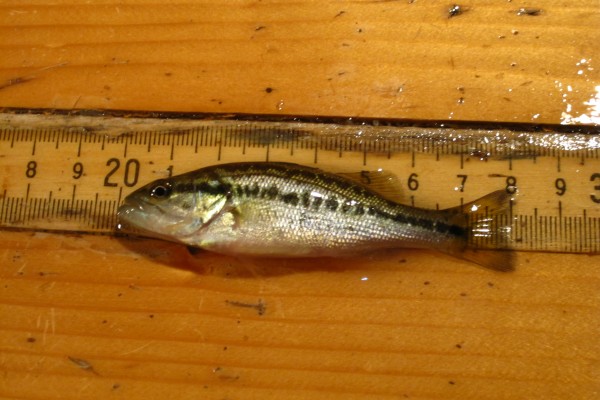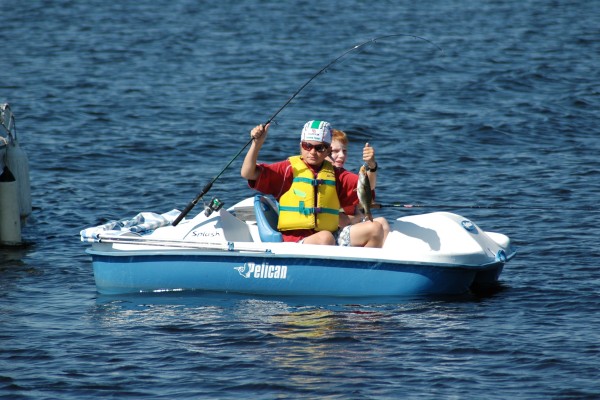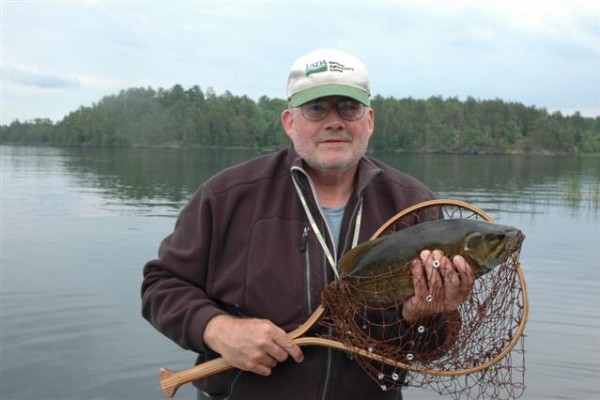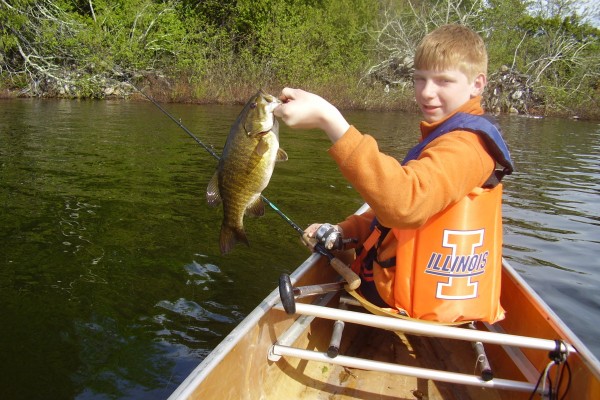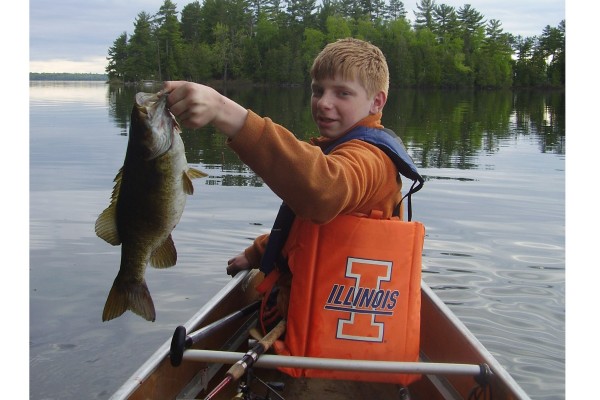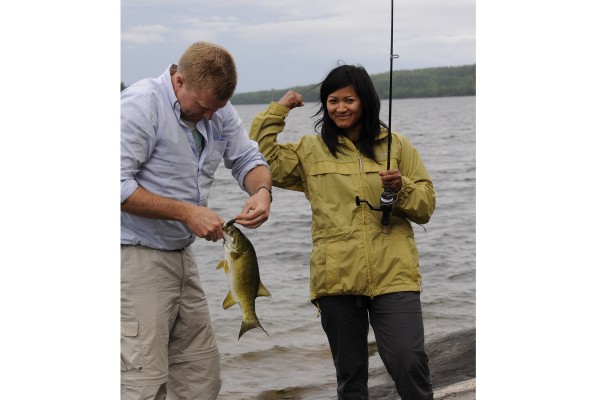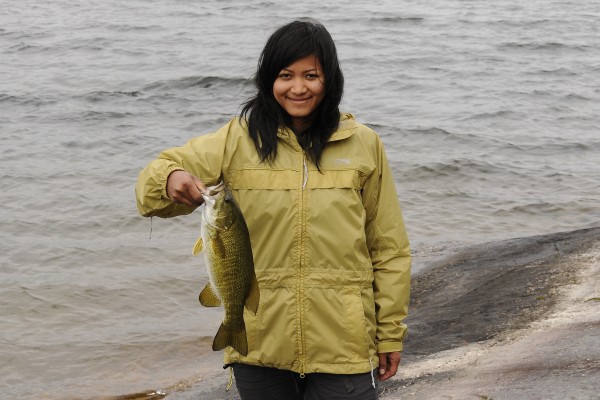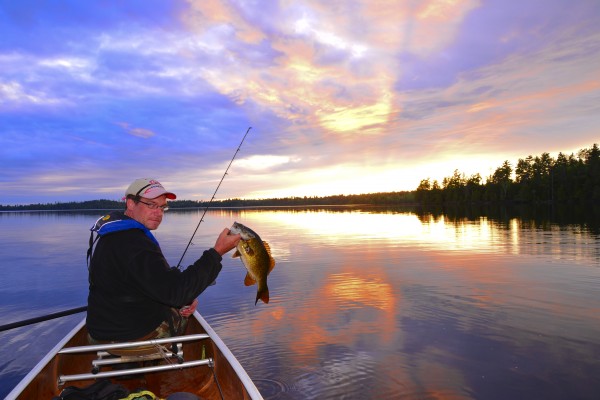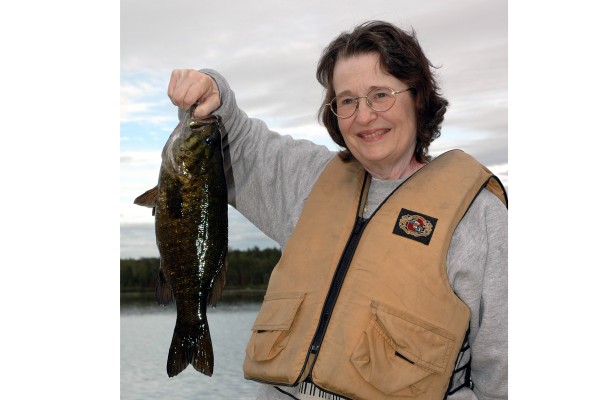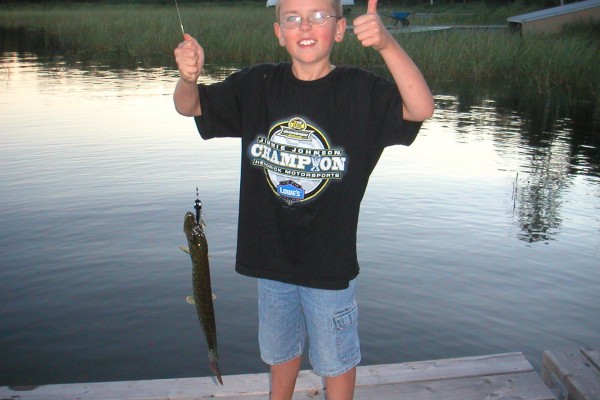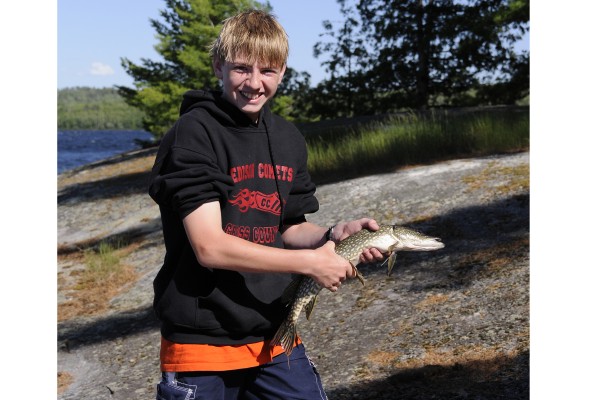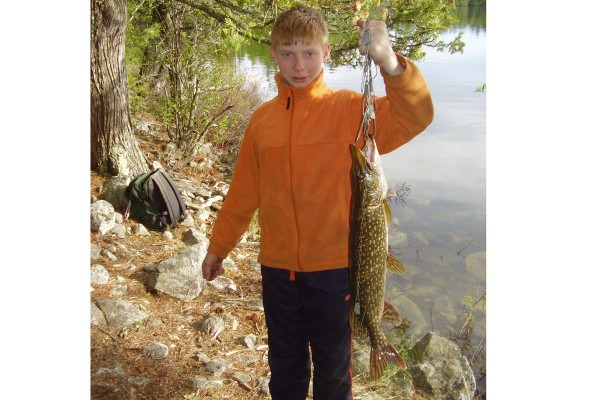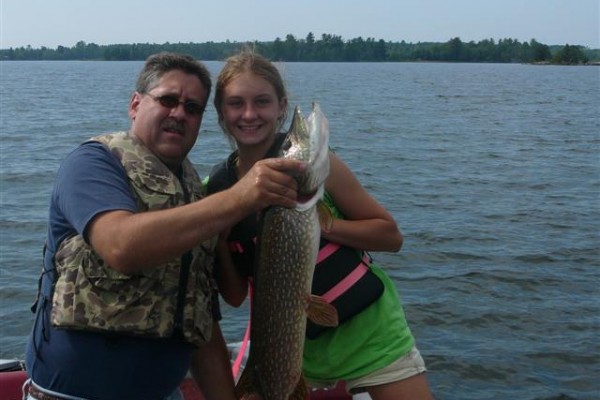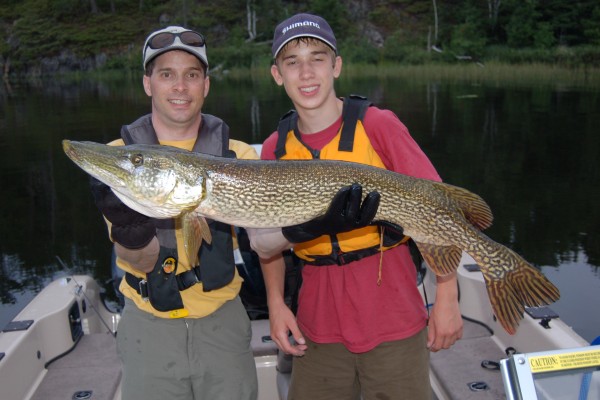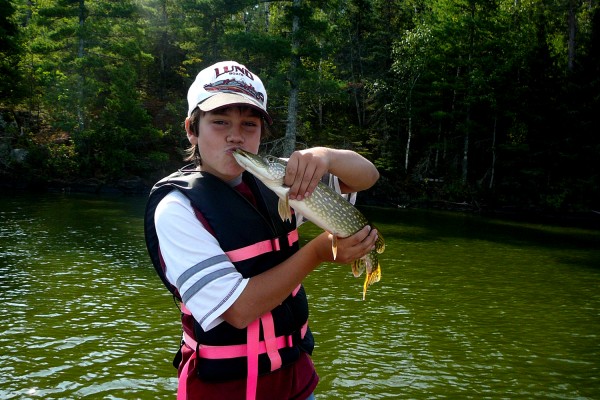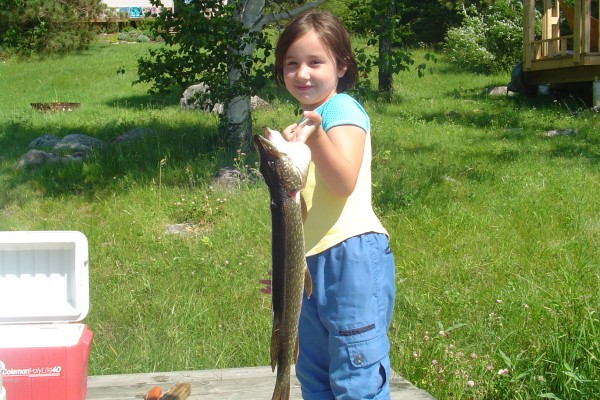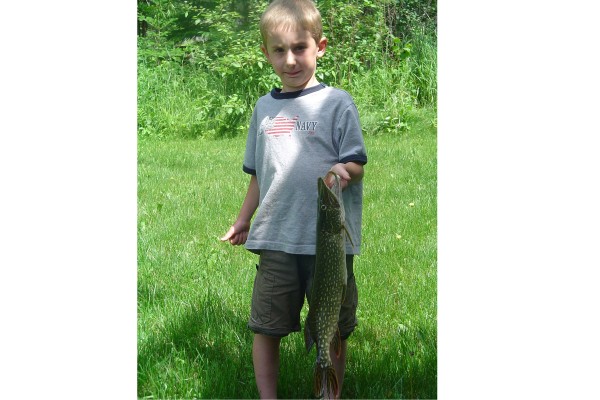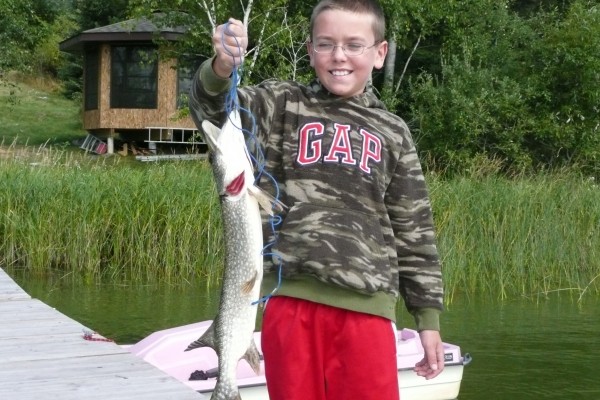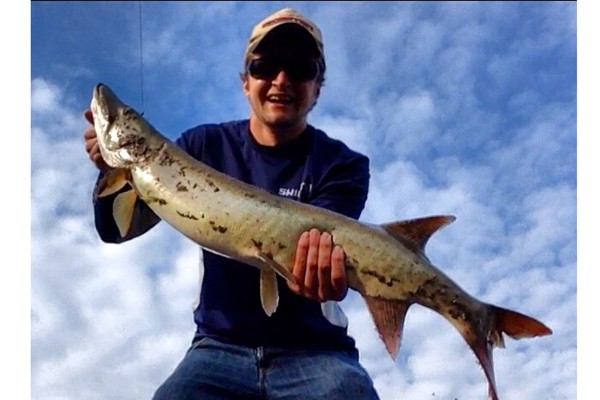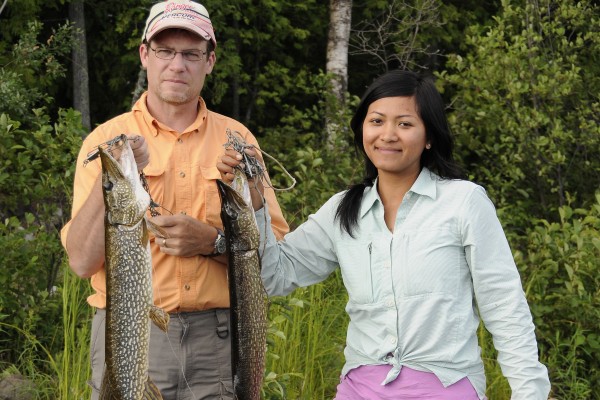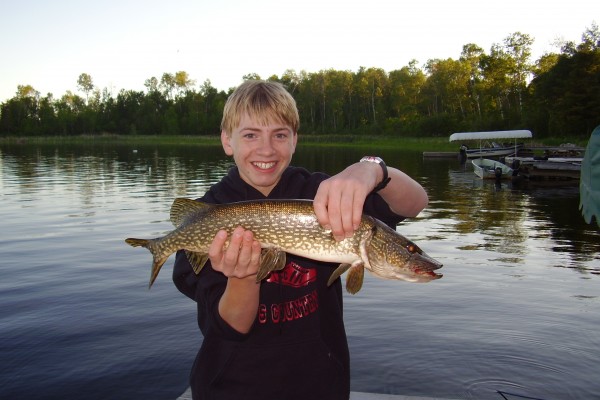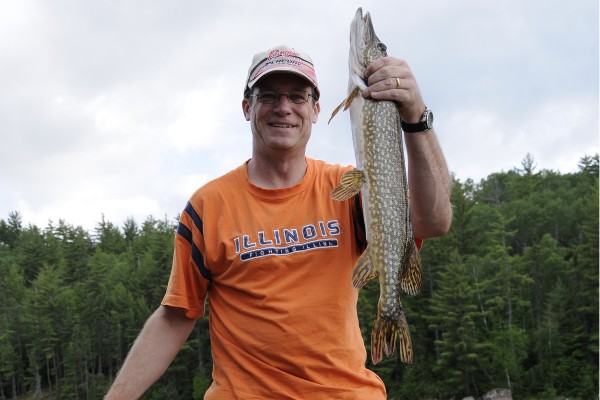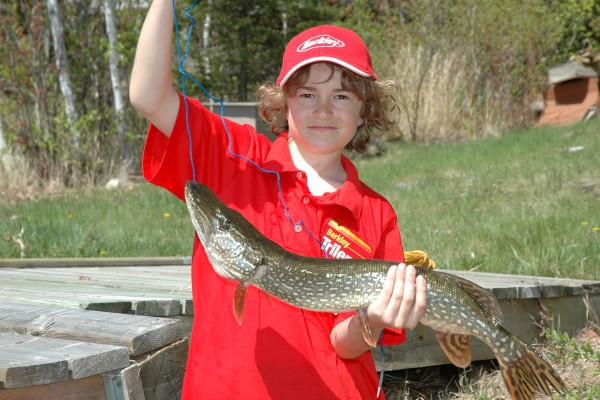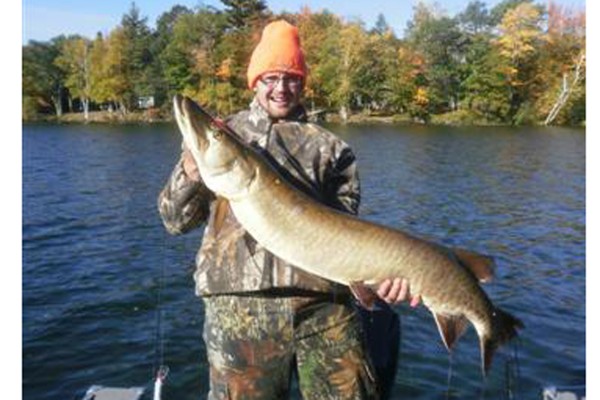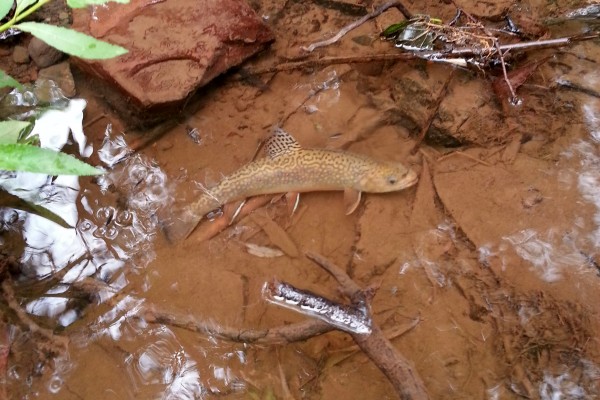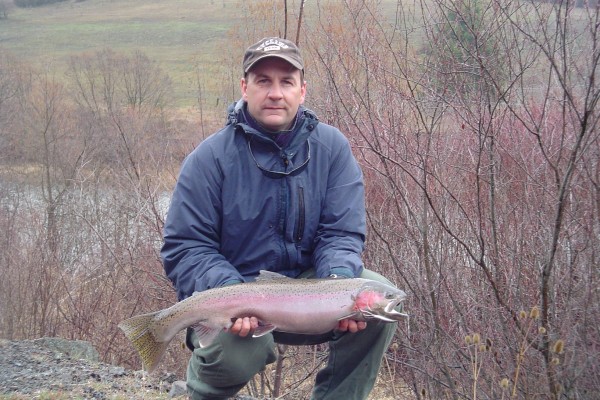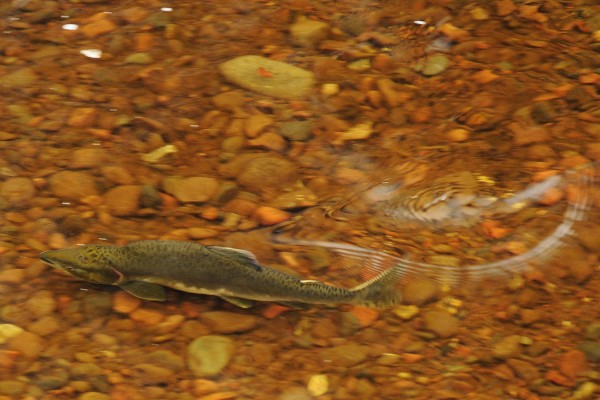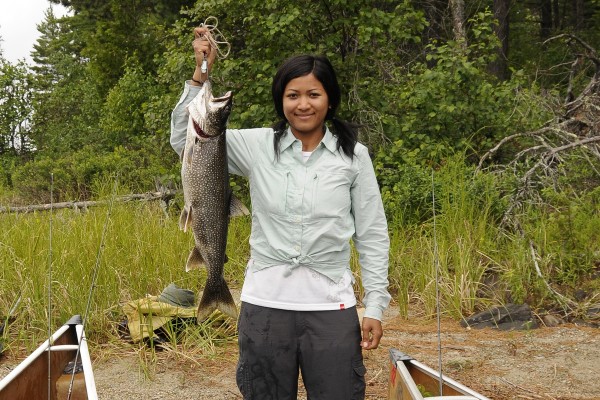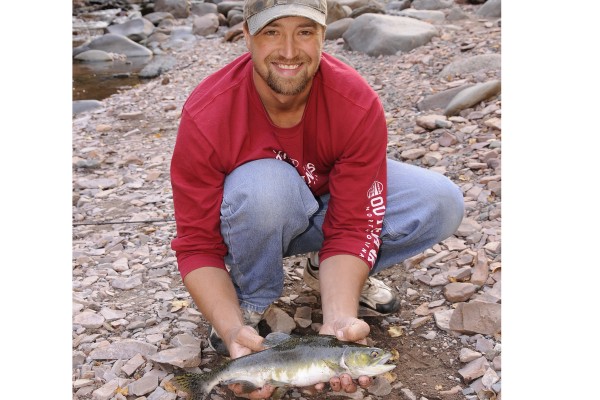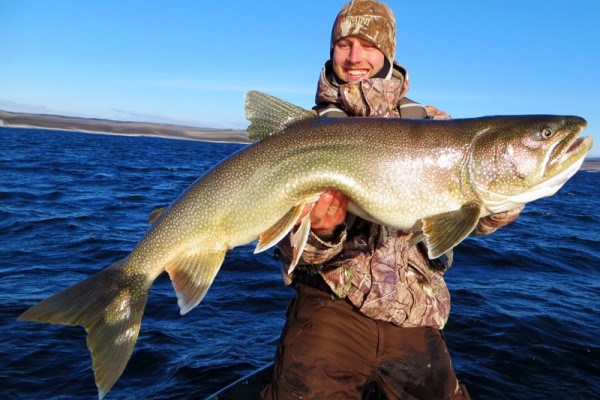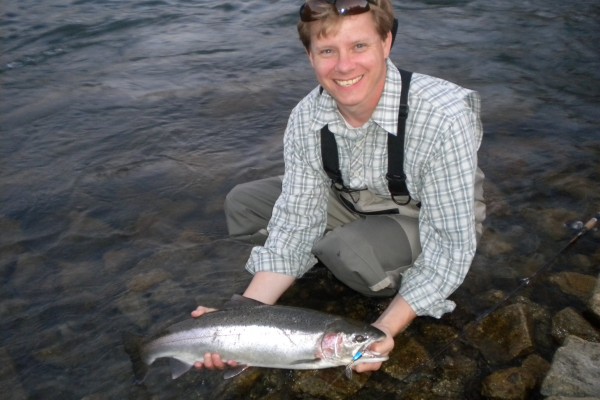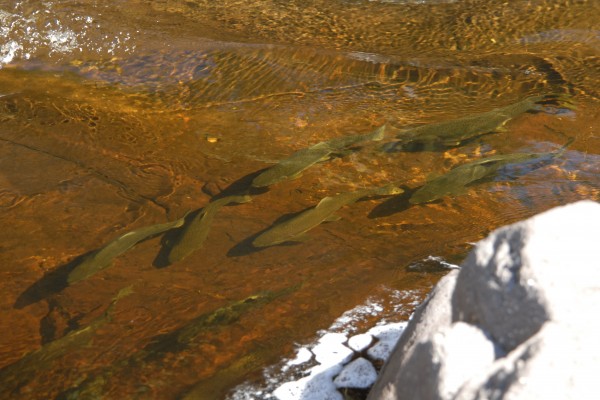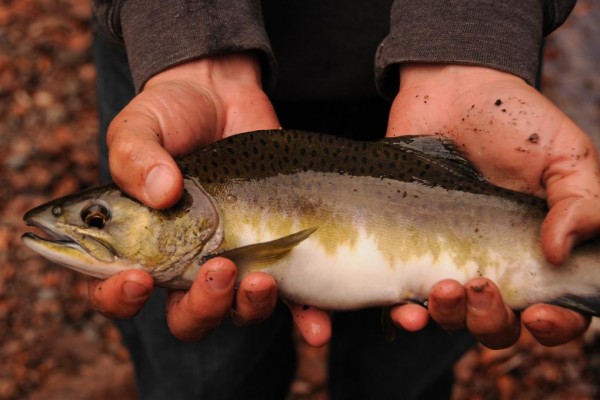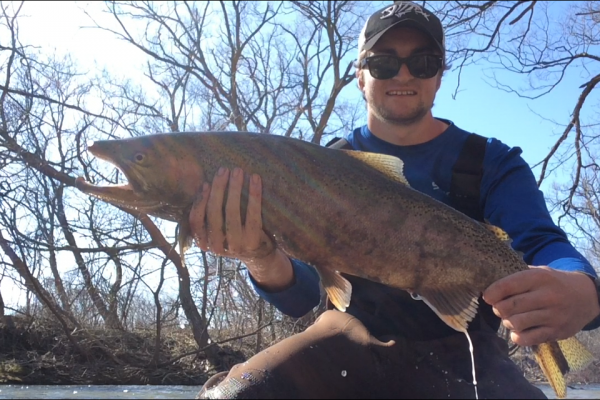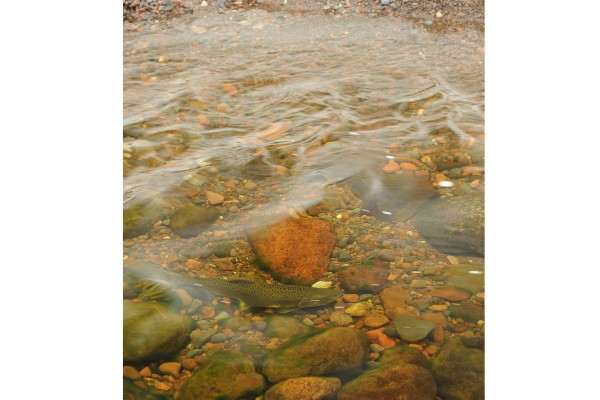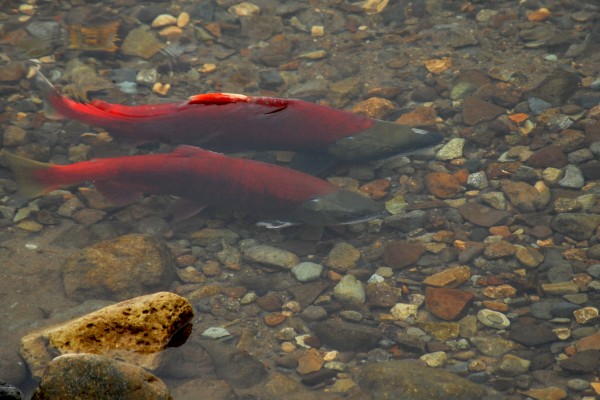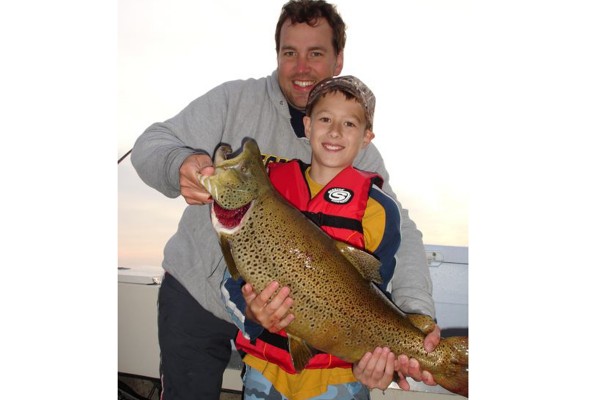| AFS NCD 2011-2015 Strategic Plan Survey Final Report North Central Division American Fisheries Society Commissioned by and prepared for: 2011-2015 NCD Strategic Plan Revision Committee Produced by: Daniel J. Witter, Ph.D. Member, AFS MO Chapter DJ Case & Associates May 3, 2011 |
(Click to download the complete PDF in its entirety: afsstratplansurveyreport2012)
Synthesis
The American Fisheries Society (AFS) North Central Division (NCD) is updating its strategic plan. To help guide this process, the 2011-2015 Strategic Plan Revision Committee prepared the questions for an online 2011 Strategic Plan Survey, which was then programmed, posted and tabulated for this report by Dr. Dan Witter, DJ Case & Associates.
All current NCD contacts for with email addresses in the database (2,276) were invited to respond to a web survey posted by NCD between 3 March and 5 April, 2011. AFS NCD had 1,452 members of the parent society as of October 2010. Final response was 398 (17%), of which 287 were “submitted” surveys, and 111 were “partial” (surveys partly completed by respondents, but not submitted—these data were retrieved for inclusion in analysis). Seventy-seven percent (77%) of respondents indicated membership in the parent society.
Transition was an overarching theme for responses to the NCD 2011-2015 Strategic Plan survey, reflecting a time of change on many levels for fisheries in the region.
Regionally-relevant issues highlighted by respondents were:
Rapid shift in administration from older to younger employees – Retirement of baby boomers will quickly propel younger staff into positions that require historical knowledge, technical understanding of field techniques and administrative skills. More experienced staff will need to be open to new ideas and flexible approaches while younger staff will benefit from historical knowledge and robust technical skills.
Challenging impact of global and landscape-level changes – Both the profession and society must be prepared to deal with the complex impacts of
international trade and economics such as biosecurity, invasive species, climate change.
Increasing demographic diversity – Greater equity for women is progressing in the profession while still demonstrating a need for improved ethnic diversity and clear recognition of Tribal affiliations and issues. A quarter of the agency staff and nearly one-third of university participants were female. Young professionals (particularly women) tended to be most inclined to parent society membership.
Objectives identified by respondents that may address these issues:
Deliver unbiased authoritative scientific information to decision-makers
o Largely leave political advocacy to other organizations.
o Support outreach by other entities (governments, nonprofits) that facilitates
citizen understanding of and participation in critical fisheries issues.
o Most positions should be addressed either close to the problem (locally in chapters) or on the national or international scale.
o Enable staff to participate in development of key regional consensus-based positions outside of constraints in their agencies.
Provide appropriate and accessible professional development
o Promote professional development and networking among agency administrators as key aspects of a professional biologist’s career.
o Attend to continuing education needs of mid-career professionals in addition to students.
o Remove impediments to training (cost and travel restrictions) by using online tools and supporting local courses, particularly at the state level where agencies are unable or unwilling to provide these services.
o Review both university curricula and continuing education to emphasize field techniques, new technology, global impacts, public outreach, participatory democracy, administration and decision-making skills.
o Continue an appropriate focus on inclusivity to support women’s involvement and improve ethnic diversity.
o Be more intentional about formally recognizing Tribal affiliations and including Tribal issues.
o Archive history at an appropriate location (e.g., DC Booth or in state institutions) to properly document history and mentoring to transfer experience-based knowledge to guide future decisions.
o Encourage the Midwest Fish & Wildlife Conference to shift dates to a time when weather and university finals are less likely to interfere with attendance.
Bridge communications
o Provide avenues for sharing lessons learned between chapters and student subunits within the Division.
o Promote interactive opportunities across various levels of AFS, including participation in sections and other fisheries-related organizations for networking among disciplines or for
o Act as a conduit for information in both directions between chapters, student subunits and the parent society.
o Partner with other regional organizations with common resource-related goals.
Revisit the value of AFS services
o Young professionals seem satisfied with the cost of AFS parent society membership, perhaps as a result of significant reductions in membership dues several years ago. In contrast, mid-career state agency staff and retirees indicate that the cost of AFS membership and certification do not match perceived benefits.
o Modify unit awards to more broadly reward achievements across the Division, rather than repeatedly recognizing the same subunits.
o Connect members to parent society products such as travel awards and electronic services.
o Develop a strategic plan that provides vision and some specific direction without being overly prescriptive for units in the Division. Level of specificity may vary with the topic. Include introductory guidance for new members, elected leaders and student subunits with some sample suggestions to jump-start unit ideas and actions.
Process
The American Fisheries Society (AFS) North Central Division (NCD) is updating its strategic plan. To help guide this process, the 2011-2015 Strategic Plan Revision Committee prepared the questions for the SNAP Survey, which was then programmed, posted and tabulated for this report by Dr. Dan Witter, DJ Case & Associates.
Members of the Strategic Plan Revision Committee (2011-2015):
Dale Burkett, Michigan Joseph Conroy, Ohio
Neil Fisher, Ottawa, Canada Ann Holtrop, Illinois
Corrine Higley, Michigan Jim Perry, Minnesota Mark Pyron, Indiana Jeremy Tiemann, Illinois
Gwen White, NCD President-Elect
(Click to download the complete PDF in its entirety: afsstratplansurveyreport2012)

